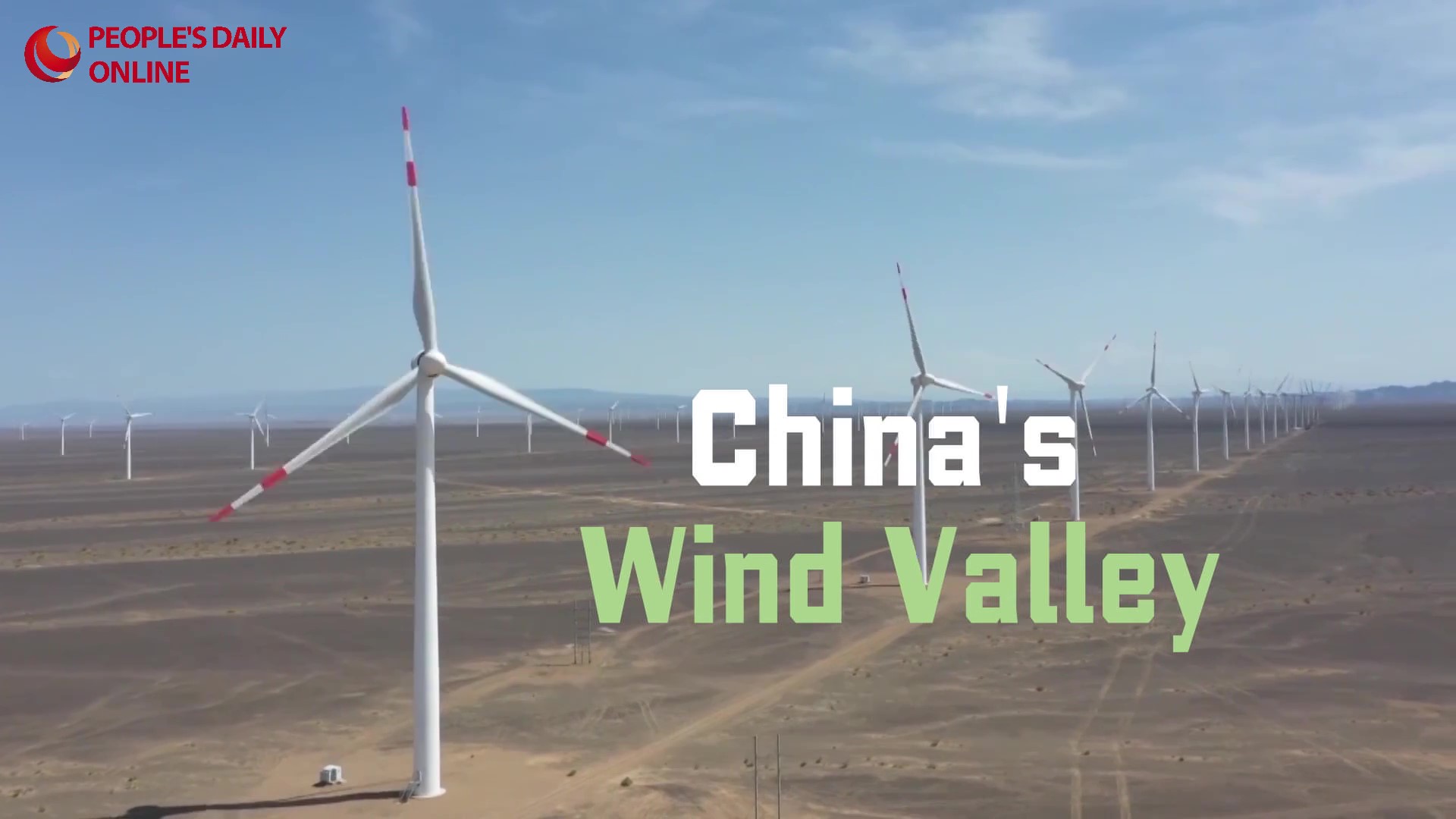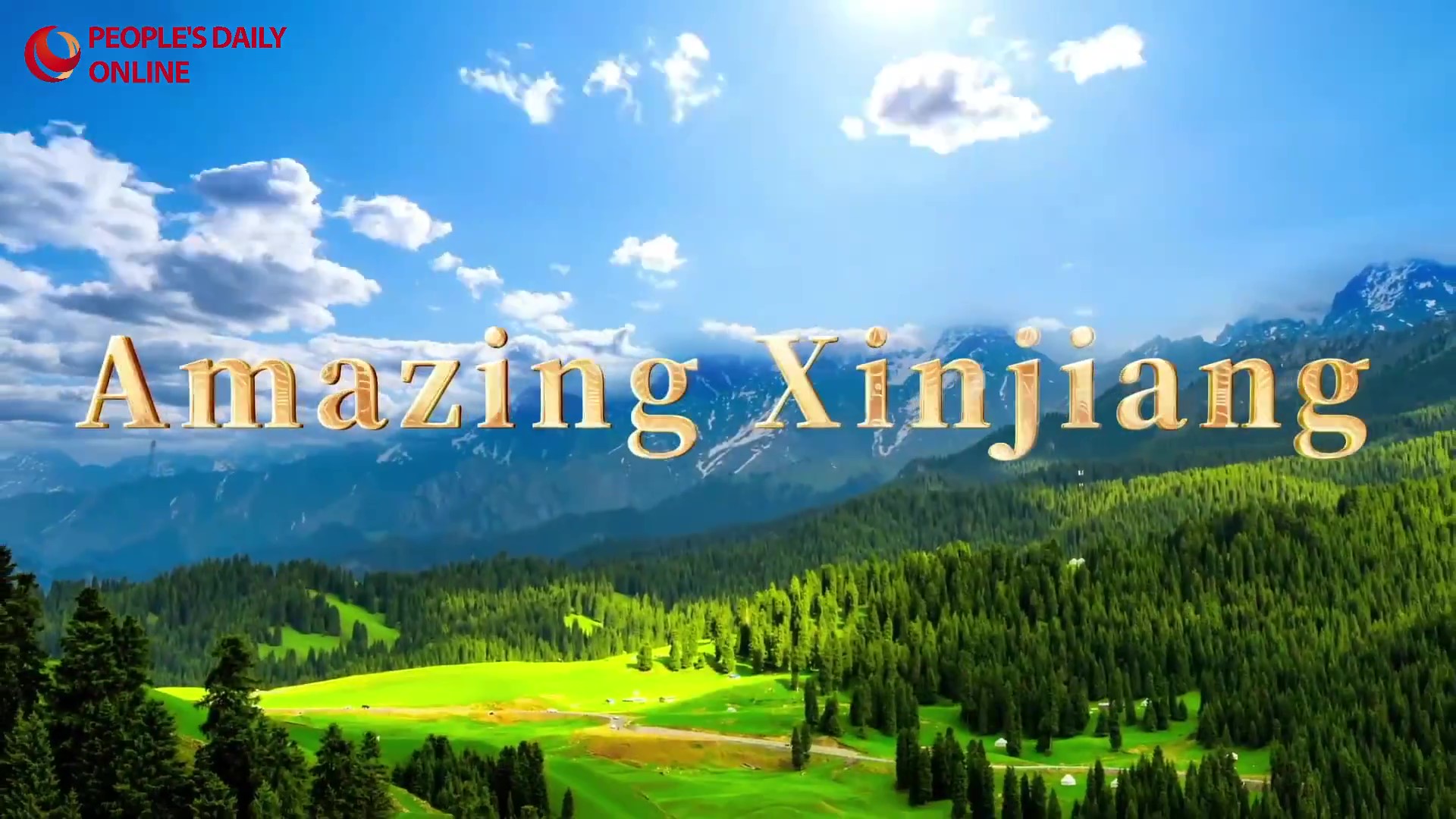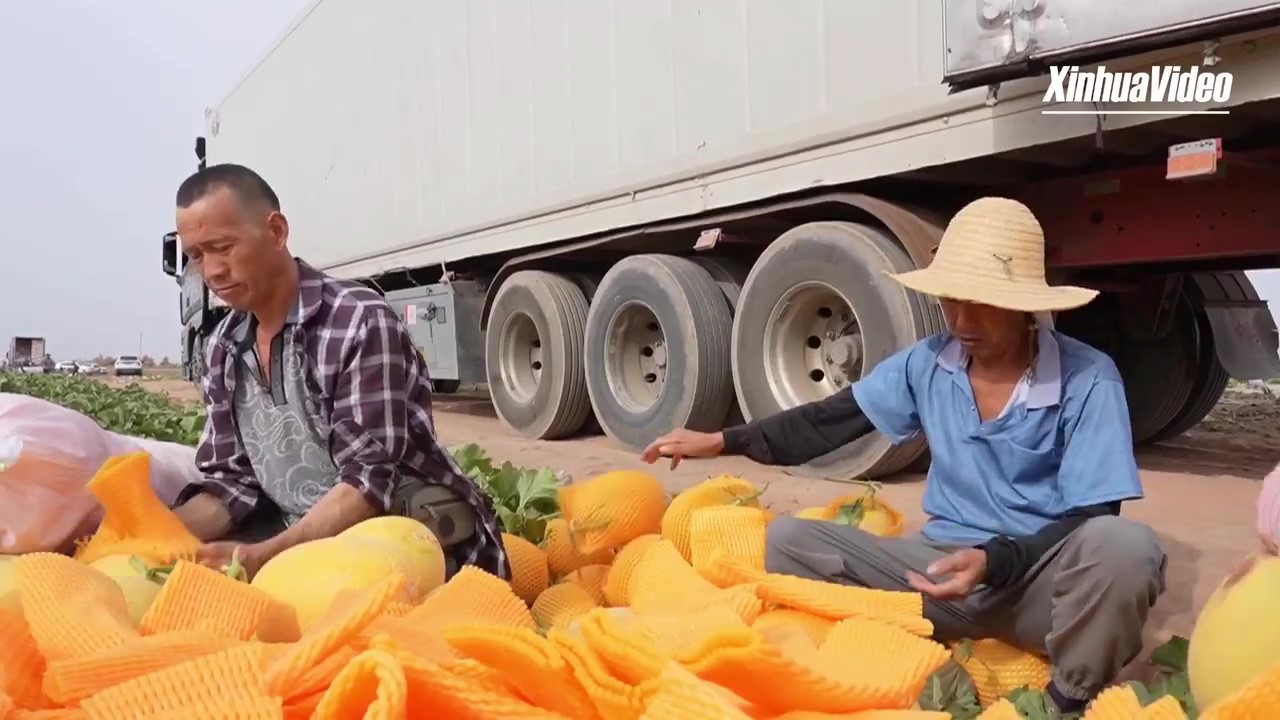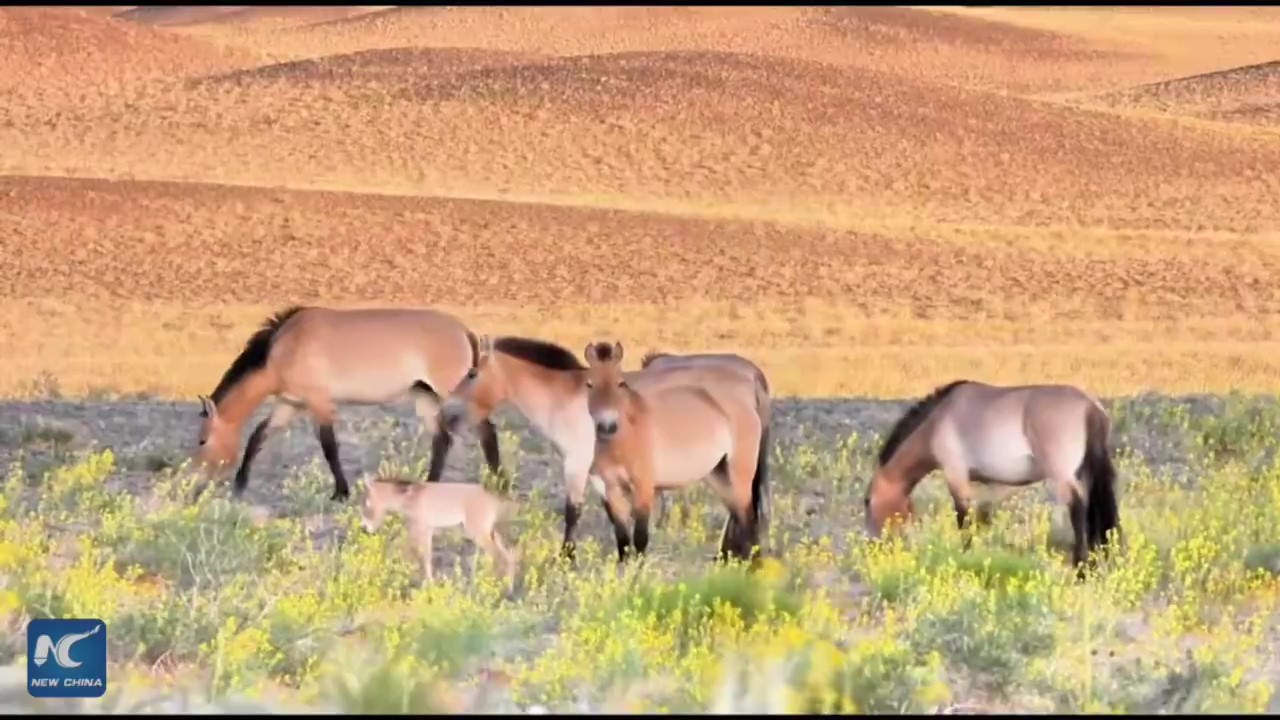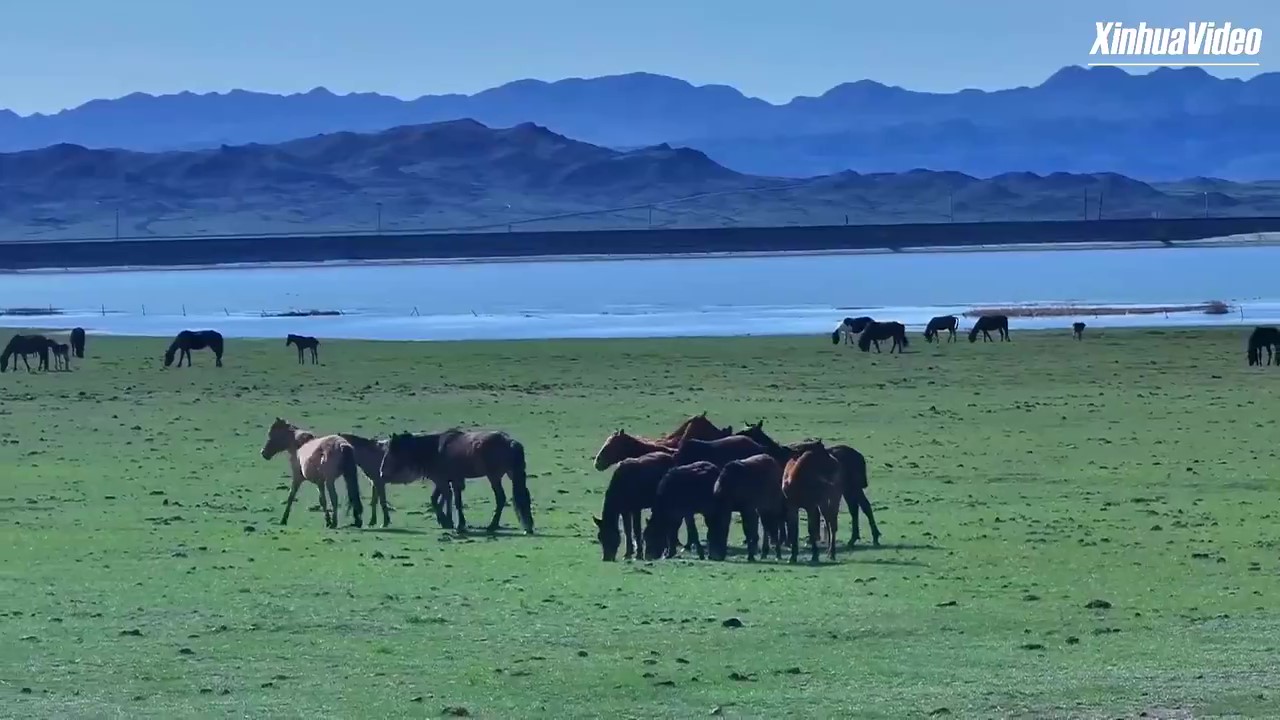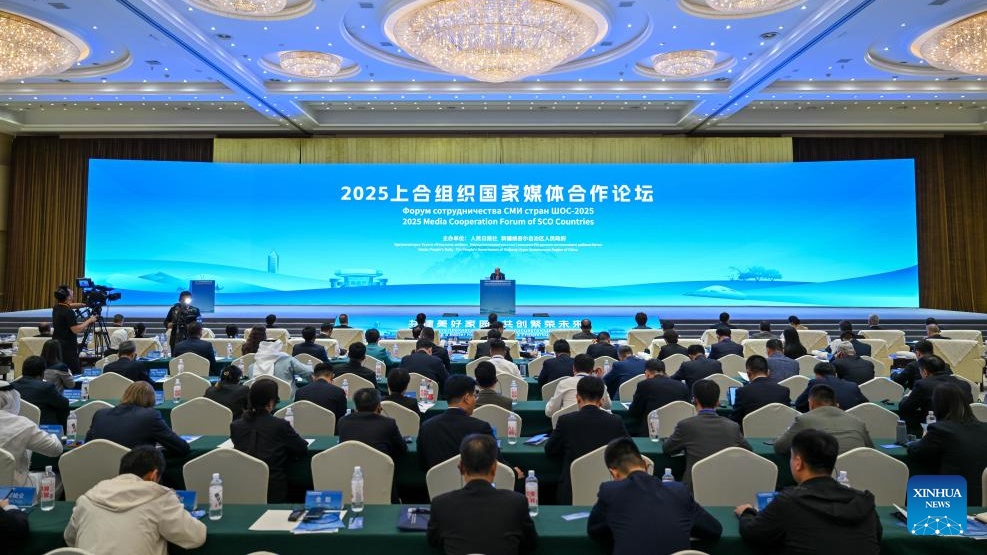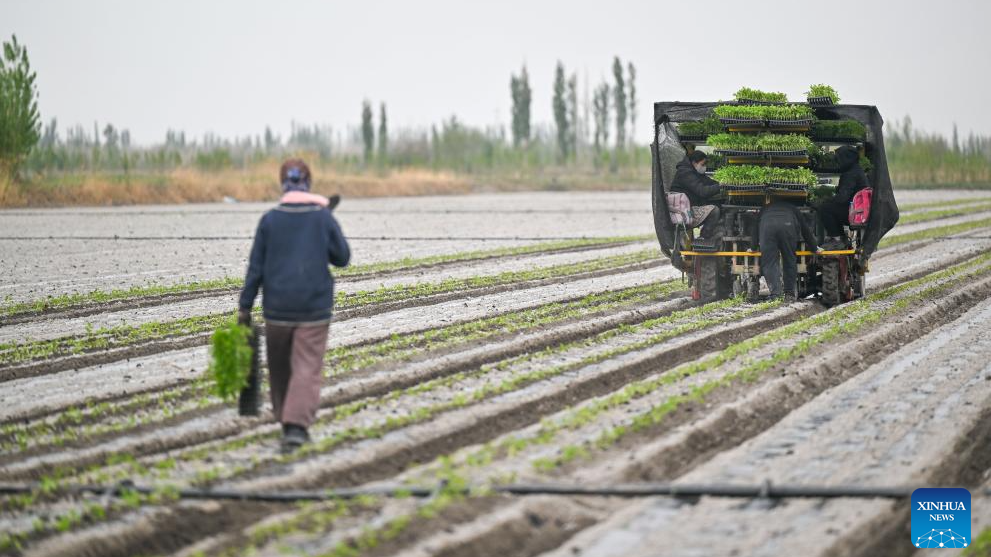The launch of the Hotan-Ruoqiang Railway has shortened freight routes from southern Xinjiang Uyghur Autonomous Region by 1,000 kilometers, reducing logistics costs by 40% for commodities like Ruoqiang red dates and Qiemo silica, local authorities said Tuesday.
The railroad stretches eastward from Hotan City to Ruoqiang County along the southern edge of the Taklimakan, the world's second-largest shifting-sand desert, with 65% of its length dissecting this arid terrain. Its construction started in December 2018.
Spanning 825 kilometers, the line is a part of the world's first desert rail loop, a 2,712-kilometer network encircling the Taklimakan. It links major cities including Aksu, Kashgar, Hotan, and Korla, and is expected to fast-track development in Xinjiang, especially its southern region.
Relying on the railway, walnut kernels from Buzak Township in Hotan can now be shipped to domestic and international markets after packaging.
"At present, our walnut kernels have been sold to 18 countries and regions, including Russia, Turkey, Japan, and Canada," said a person in charge of local agricultural company.
Since the railway's opening, freight trains have begun operating at scale and on a regular basis, connecting directly to multiple domestic cities, said Chen Jian, an official with Xinjiang Hotan-Ruoqiang Railway Co., Ltd. The variety of transported goods has grown from just over 10 categories to more than 100, he added.
With the railway now operational, travel has become more convenient. Bahargul Memet, who runs a clothing store in Hotan, used to visit Urumqi every few months to purchase supplies.
"With fixed daily schedules, I can now complete my Urumqi supply trips in just four to five days, making business much smoother," she said.
Passenger train service on the line has increased from one to two daily round trips, Chen said.
To better serve travelers and improve efficiency, Xinjiang Railway has adjusted train schedules several times and added more stops. The Taklimakan Desert tourist train has also helped boost the appeal of rail travel in the region, he added.
(By Zhang Dongfang)

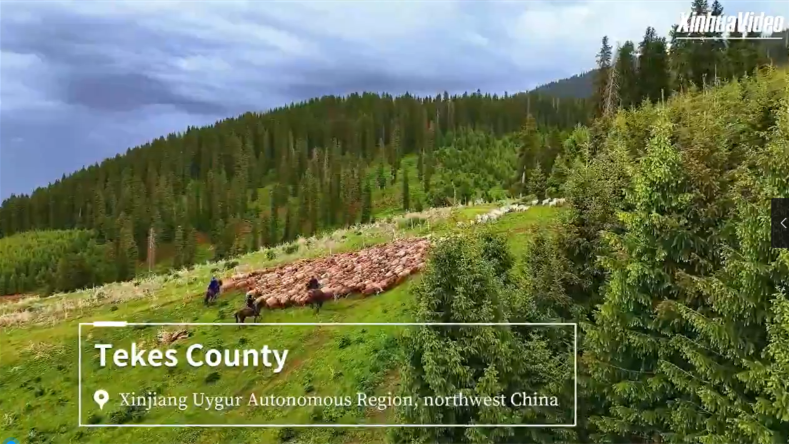
.png)
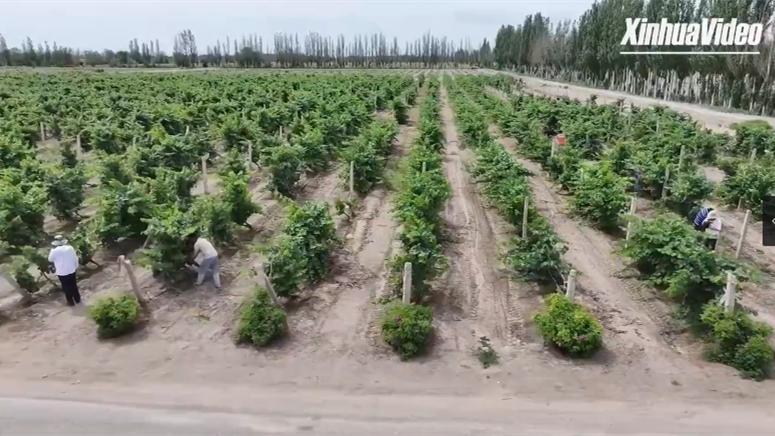
.png)

.png)


